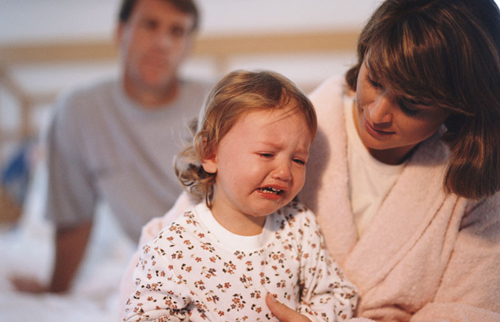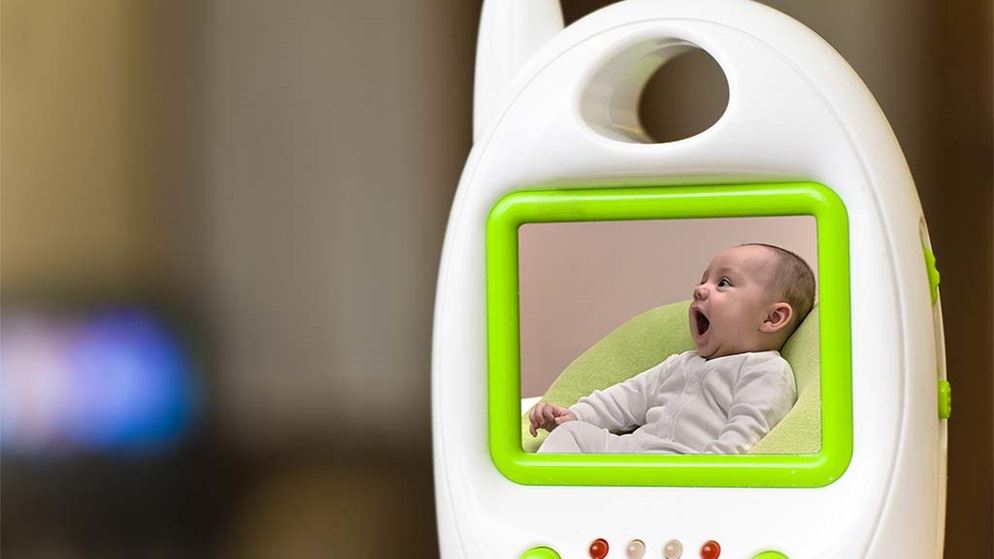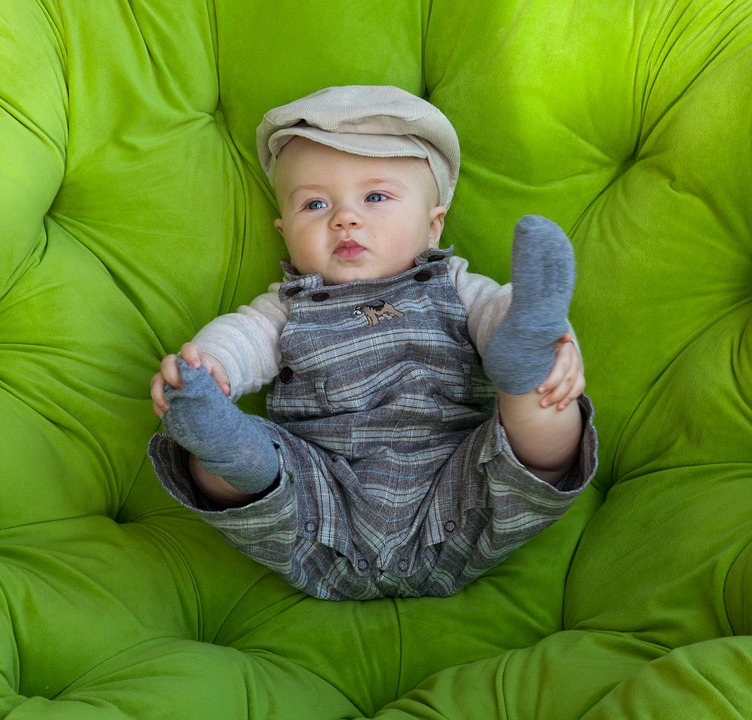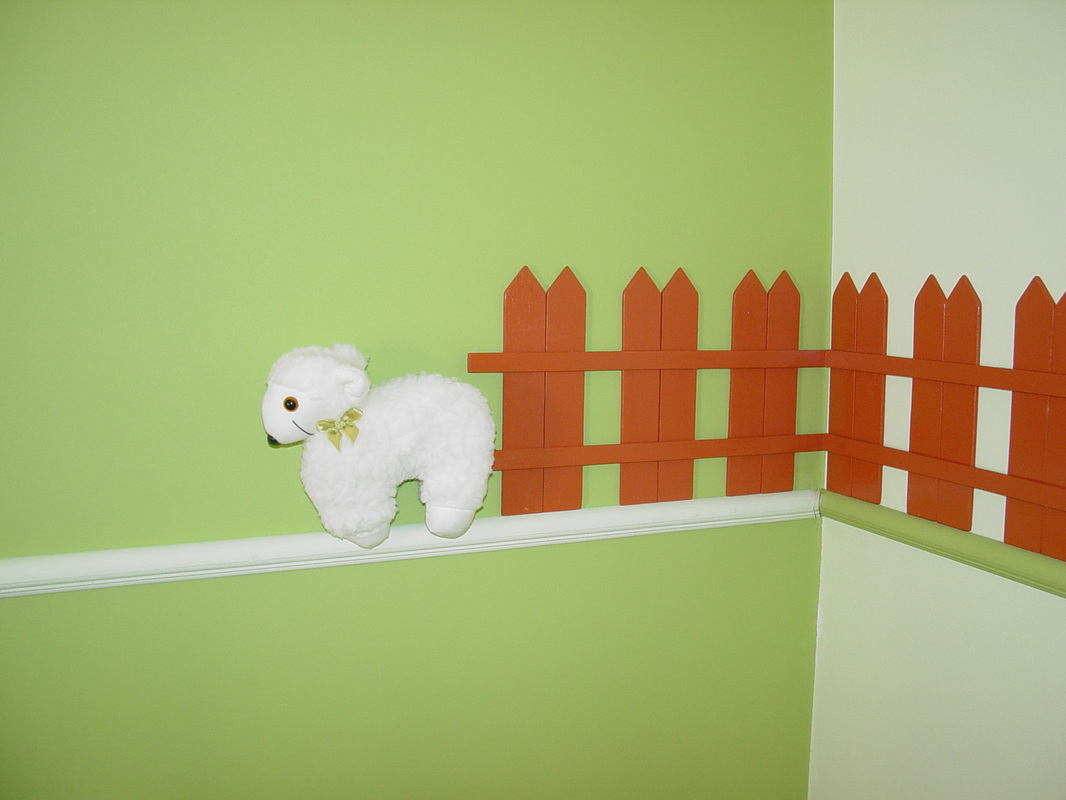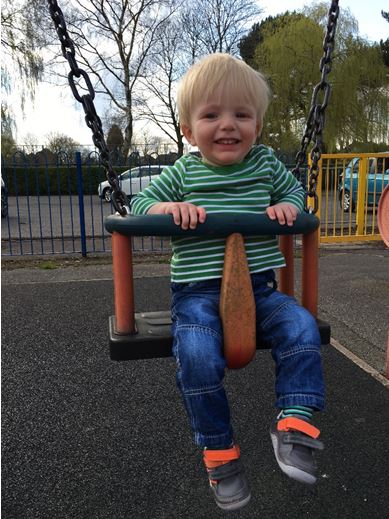Helping your child cope with loss
As much as we’d like to protect our children from difficult times, the loss of a pet or grandparent, divorce or separation often feature in their lives, exposing them to the effects of grief.
At these times parents often struggle in knowing how to manage the impact of these events on their children’s lives. Children’s expression of grief varies greatly depending on factors such as their age and understanding of a situation. For example, a toddler with limited understanding of death and little experience of separation may show signs of disturbed sleep. Other responses to loss in young children may lead to a change in eating habits, crying, regression to earlier behaviors such as bed wetting, tantrums, fighting and angry outbursts.
Whilst an older child of ten or eleven might also suffer from sleep disturbance, the impact of loss may lead to problems at school or withdrawal from friends and family. As children grow older the effects of loss may lead to worries about physical health, fear of dying, risk taking behaviors, or avoidance of difficult feelings.
You can help your child to cope with loss in a number of ways:
Be honest and tell the truth.
Although it often feels easier to avoid talking about difficult issues, hiding information that children ask for can lead to confusion. Using the language that your child understands and the correct words for death instead of phrases such as “going to sleep” or “losing” someone will also avoid confusion. Accept your child’s responses and let them know that they are normal responses to sad events.
Create opportunities that encourage your child to talk and ask questions.
Check out any misunderstandings and areas of confusion. Children will often seem to dip in and out of grief, one minute seeming very sad and the next forging on with the ordinary tasks of daily life as though nothing has happened. This process provides the function of a safety valve, allowing your child to take a break from difficult emotions and so set their own pace in experiencing loss. As a parent this often feels difficult to manage. Offer opportunities for a cuddle and a chat when your child is experiencing strong emotions. Your child’s understanding of a loss or separation will shift and change over time so have more than one conversation about their experience.
Closure
Children like adults need to experience closure to a loss so involve your child in any routines such as hospital visits or rituals such as funerals, in whichever way is most comfortable for them.
As well as talking about their experience of loss help your child to express emotions privately through a dairy or art. Encourage them to collect keepsakes and maintain memories of someone special they may have lost.
Feelings
Loss or separation are often a very sad experiences. Your child may also feel abandoned by the pet or person they have lost which can lead to feelings of anger that are often directed at you as a parent. Give your child the opportunity to express these emotions and let them see your sadness too. Modeling appropriate responses helps children feel safe in expressing their thoughts and feelings. You yourself may experience particularly strong and dramatic emotions at these times that may alarm your child, so seek to share these privately with another adult.
- Children will often feel that something sad that happens in their lives is in some way their fault. Reassure your child that they are not to blame.
- Older children will often find certain aspects of school difficult when coping with difficult times. Talk to their teachers and other relevant adults who may also be able to provide support and the opportunity to talk with your child.
When to get help
Whilst we know that most children seem to adjust emotionally and return to healthy functioning both at home and school within about twelve months of their loss or separation some find it very difficult in adjusting and are most at risk during this first year. Other children may have apparently moved on in their lives only to be confronted with their loss two or more years later at a time when they have more understanding or a different view of a difficult situation. If you feel that your child is struggling with their grief our team is here to help.
Some useful references
For children:
Muddles, Puddles and Sunshine By Diana Crossley
Always and Forever By Alan Durant
The Copper Tree By Hilary Robinson
For teenagers:
Urban Dreams Edited by Elias Thompson
Dr Sione Marshall CPsychol., AFBPsS.
Chartered Clinical Psychologist
*Grief and child sleep problems *Child Sleep Problems *Sleep Training *My child won’t sleep




